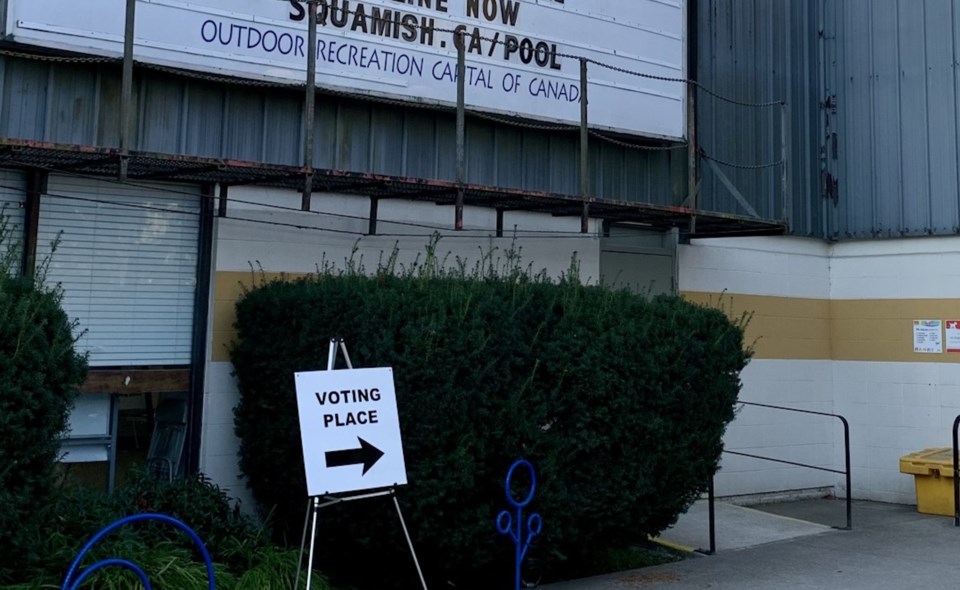There are plenty of lessons to unpack from this local election.
Let’s be honest — it was a dumpster fire.
As the dust settles and we look at the results, a couple of realities surface.
One is that the ugly Squamish of social media is not representative of us all.
The bullying and abuse on the anti-social platforms in town would have convinced a visitor from Mars that we are a bunch of rage-filled folks ready to off the heads of the last council because they had burned the town down to the ground.
And yet — every incumbent who was running again for office was re-elected.
Same as it ever was.
The low voter turnout is cause for another reality check.
Locally, about 40% of eligible voters cast ballots.
For those who voted, it is easy to get all superior-like and finger-wag at the disenfranchised.
“Don’t complain for the next four years!” is a common refrain.
But if only 40% of a class passes a test, is it the students or the test?
While this year was exceptionally low, turnout is typically not great: in 2018, 47% of eligible voters turned out; in 2014, it was 49%, and that is only because politician Peter Kent promised to light himself on fire if the vote count beat the previous turnout of 40%. (It was, and he did.)
This isn’t a matter of one time that more than half of one class is failing; this is a test many different classes over many years are failing.
Low turnouts in local elections are standard across the province and the country.
And in the U.S., city election turnouts are even worse at about 27%.
The problem, folks, is the test.
Instead of blaming consecutive legions of voters for not turning up at the polls, we need to ask what keeps folks away.
Is it because voters don’t see themselves reflected in the candidates? Is it the negative attacks turning them off?
A study by Joseph Kushner and David Siegel in the Canadian Journal of Urban Research in 2006 looked at the issue: The most common reason vote-avoiders cited was a “lack of information about candidates and the poor quality of the candidates.”
The study found that those who did vote were most likely senior, upper income, born outside Canada, owned their own home, and were politically and community involved.
Another Research Co. survey found Vancouver non-voters were confused.
While we can finger-point and try to shame non-voters, it seems to us it is time to admit the way we have been doing politics at all levels is not working.
Once we acknowledge that, we can get to work fixing it.





